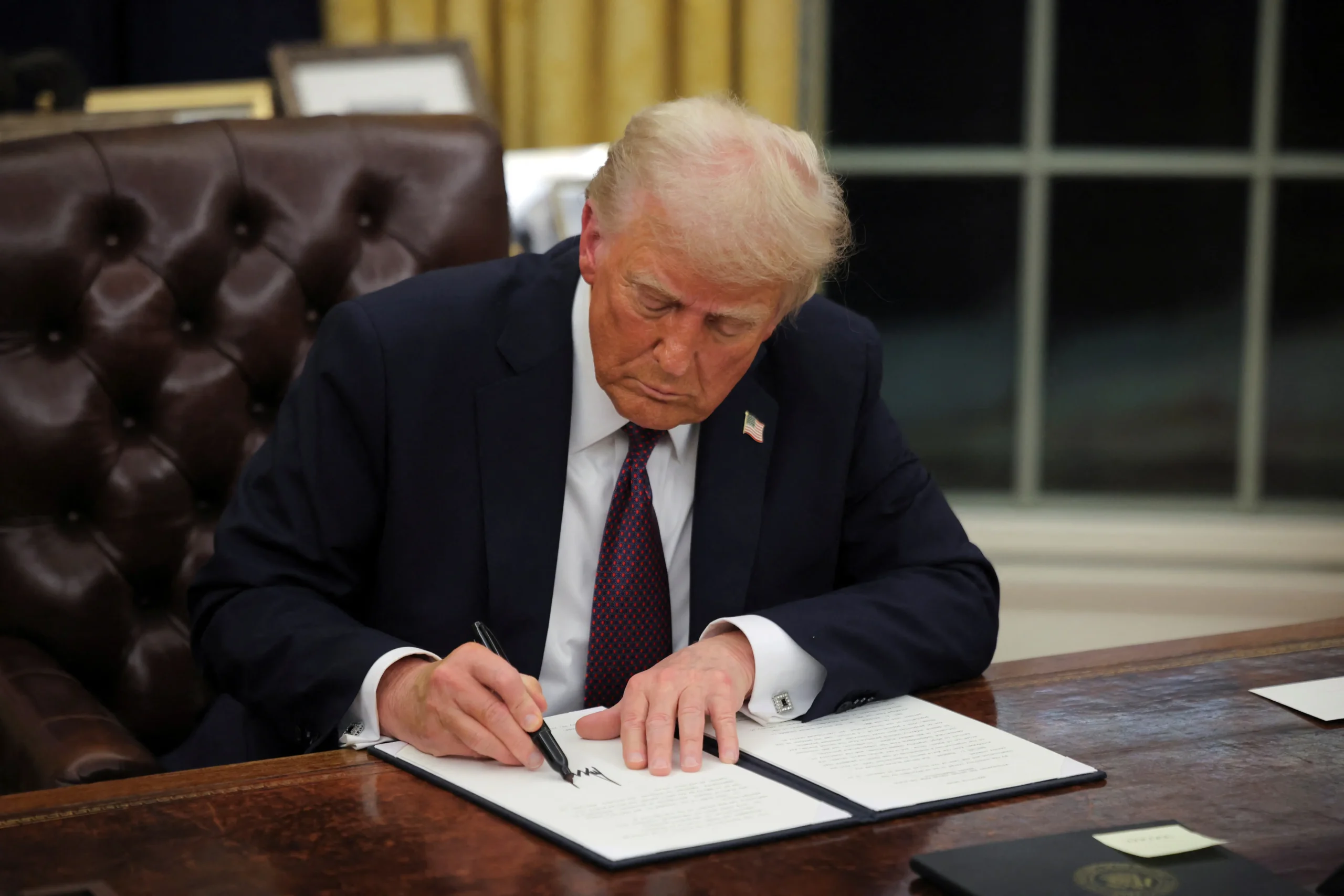Trump Appoints Dr. Jay Bhattacharya to Lead NIH, Aiming to Overhaul U.S. Medical Research
President-elect Donald Trump has chosen Dr. Jay Bhattacharya, a prominent health economist and critic of pandemic lockdowns and vaccine mandates, to lead the National Institutes of Health (NIH), the nation’s foremost medical research agency. In a statement, Trump announced that Bhattacharya, a 56-year-old professor at Stanford University School of Medicine, would work alongside Robert F. Kennedy Jr., selected to head the Department of Health and Human Services (HHS), to drive the nation’s medical research and tackle America’s major health challenges, including the growing crisis of chronic illness and disease. Dr. Bhattacharya is widely known for co-authoring the Great Barrington Declaration in October 2020, which argued that lockdowns caused significant harm and proposed “herd immunity” as a solution, encouraging normal life for those at low risk while protecting vulnerable groups. Despite widespread criticism from public health experts, the Declaration found support within some circles of the Trump administration. Bhattacharya’s appointment would require Senate approval, and his nomination comes amid ongoing debates surrounding public health responses to the COVID-19 pandemic. His controversial views on lockdowns and vaccine mandates, as well as his legal battle over social media censorship, have positioned him as a polarizing figure. Trump also revealed Jim O’Neill, a former HHS official and Silicon Valley investor, as the new deputy secretary of HHS. O’Neill, known for his libertarian approach to regulation, will focus on improving management and transparency at the agency. With a history of collaboration with billionaire Peter Thiel, O’Neill’s appointment underscores Trump’s intent to bring in outsiders to challenge the status quo in federal health agencies. As the NIH is integral to medical research, including funding for vaccines, cancer treatments, and other major health initiatives, Bhattacharya’s leadership is expected to influence the direction of future health policies and research priorities in the U.S.



